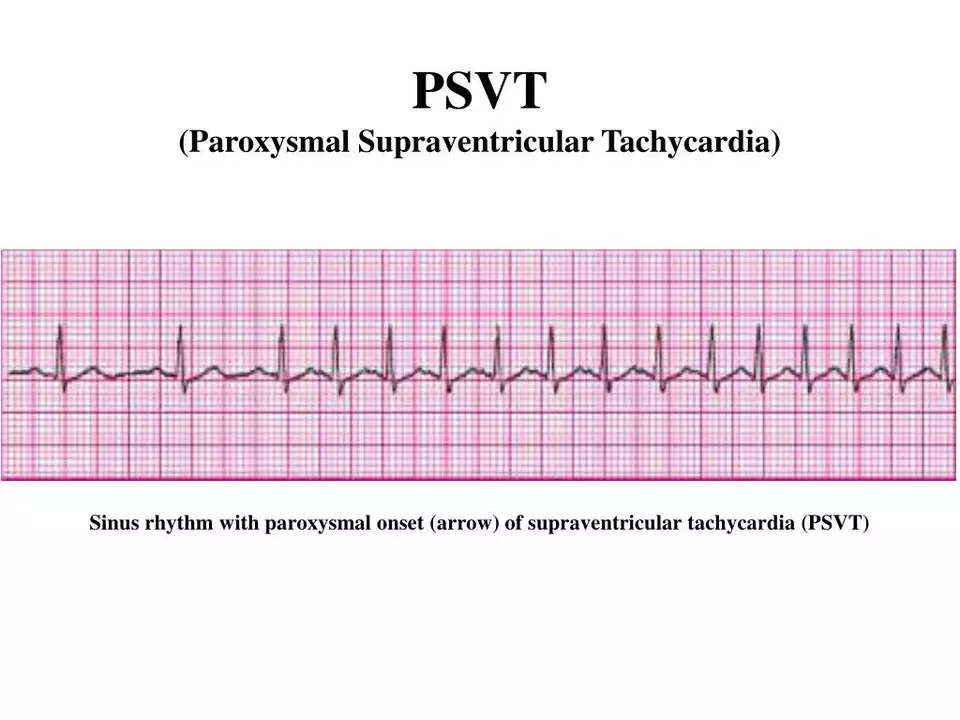Refractory Supraventricular Tachycardia: Understanding and Managing Tough Cases
If you've heard the phrase "refractory supraventricular tachycardia" (SVT) and felt puzzled, you're not alone. SVT is a condition where your heart suddenly beats way too fast. Normally, doctors can treat it pretty well, but ‘refractory’ means the usual tricks aren’t working. That’s when heartbeats keep racing despite treatment.
Why does this stubborn form happen? Sometimes the heart’s electrical signals don’t respond to common meds like beta-blockers or calcium channel blockers. Other times, the issue is a complex pathway inside the heart that makes controlling the rhythm tricky. It can feel frustrating when standard options fall short.
Options When Standard Treatments Don’t Work
First, don’t panic if medicines aren’t fixing it. Doctors often have a backup plan involving procedures that target the root of the problem. One popular method is catheter ablation, where a thin wire is guided into the heart to destroy the tissue causing the fast heartbeat. It’s like fixing faulty wiring in your house to stop the lights from flickering.
Sometimes, more advanced or combined medication strategies are needed. The medical team may use stronger or less common drugs, but these come with more side effects, so doctors watch closely. In rare cases, devices like pacemakers get involved to keep things steady.
Living with Refractory SVT
Dealing with refractory SVT can impact daily life—sudden racing heartbeats can be scary and draining. But knowing your triggers, like stress, caffeine, or lack of sleep, helps you avoid flare-ups. Keeping a heart diary can make a big difference, letting your doctor see patterns to adjust your treatment.
Regular check-ins with your healthcare provider matter a lot. They’ll track how things are going and tweak your care. Most importantly, don’t underestimate the power of asking questions and understanding your options. Being informed empowers you to take control despite the challenge of refractory SVT.
Remember, while this condition is tough, many people find ways to manage it well and get back to living their lives without constant fear of heart racing episodes. If you're facing this challenge, stick with your medical team and keep informed about the latest treatments and strategies.

Amiodarone and the Management of Refractory Supraventricular Tachycardia
As a blogger, I recently came across an interesting topic on Amiodarone and its role in managing Refractory Supraventricular Tachycardia (SVT). Amiodarone is a powerful antiarrhythmic drug that has been widely used in treating various types of abnormal heart rhythms. When it comes to managing Refractory SVT, a condition where the heart beats abnormally fast, Amiodarone has proven to be quite effective. In some cases, it has even been a life-saving option for patients who didn't respond well to other treatments. Overall, Amiodarone offers a promising solution for those suffering from this challenging heart condition.